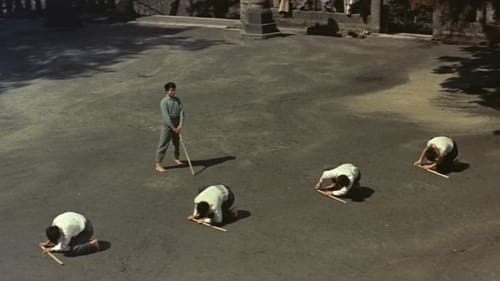
Akira's mother
Город Аидзувакамацу был последним оплотом сословия самураев перед революцией Мэйдзи. Местные жители чтут подвиг 19 мальчишек, которые покончили с собой, узнав о падении замка сюзерена. Послевоенное поколение мальчишек живёт совсем другой жизнью. Через несколько лет после окончания школы парни встречаются вновь. Но теперь ими управляют нищета, политические идеи, нелепые традиции, жажда наживы и безжалостная любовь.

Film directed by Tadashi Ashihara

Tomi
Christ in Bronze is a 1955 black-and-white Japanese film directed by Minoru Shibuya. It was entered into the 1956 Cannes Film Festival.
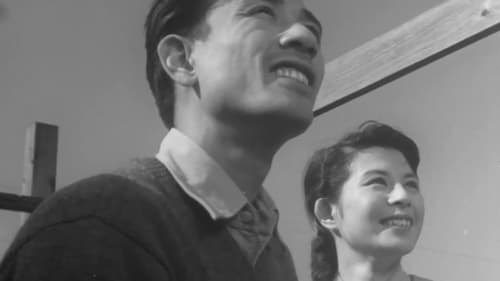
В послевоенном Токио родители и их женатые дети вынуждены жить вместе. Хироко нелегко ужиться со свекровью и остальными новоиспечёнными родственниками. Она из кожи вон лезет, чтобы не расстроить мать своего супруга и его брюзгливую сестру. Но возможно ли, чтобы чужая девушка стала в семье мужа своей?
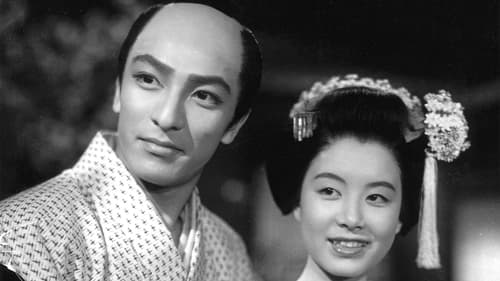
During the ultra-violent era of the downfall of the Tokugawa Shogunate one man rose above the rest with his ideas of how to overthrow the corrupt government and end the bloodshed between the Choshu and Satsuma clans which would ultimately lead to the alliance of these 2 clans and restoration of the emperor to full power. Based on the play that made Sawada Shojiro famous, this is the story of Tsukigata Hanpeita, a forward looking samurai from Choshu, who along with Katsura Kogoro and Sakamoto Ryoma of Tosa worked to bring their dream of a new era in Japan.
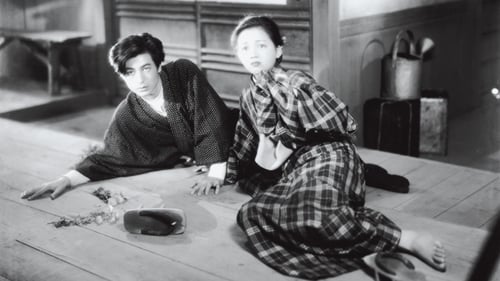
Учитель Сэгава вынужден, следуя завету отца, скрывать своё низкое происхождение ради возможности занять достойное положение в обществе.

Inoue was something of a rarity in the sense, that he was a Shochiku house director who seems to have worked mostly in period films, often with big stars like Hasegawa or Bando. "Sumidagawa", named after the river that runs through Tokyo, is also a period film, but thematically a modern one. All the themes that you associate with the normal Shochiku women's films set in the present day are in this film, just in a different context: love, the planning of a marriage, career, family relations and societal melancholy. There is no action or swordplay.
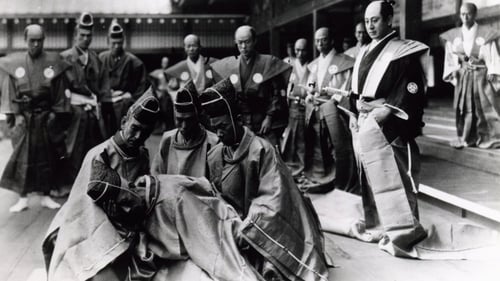
Ume
В основе картины — популярная легенда о том, как сорок семь самураев сделали харакири, отстаивая честь своего господина.





